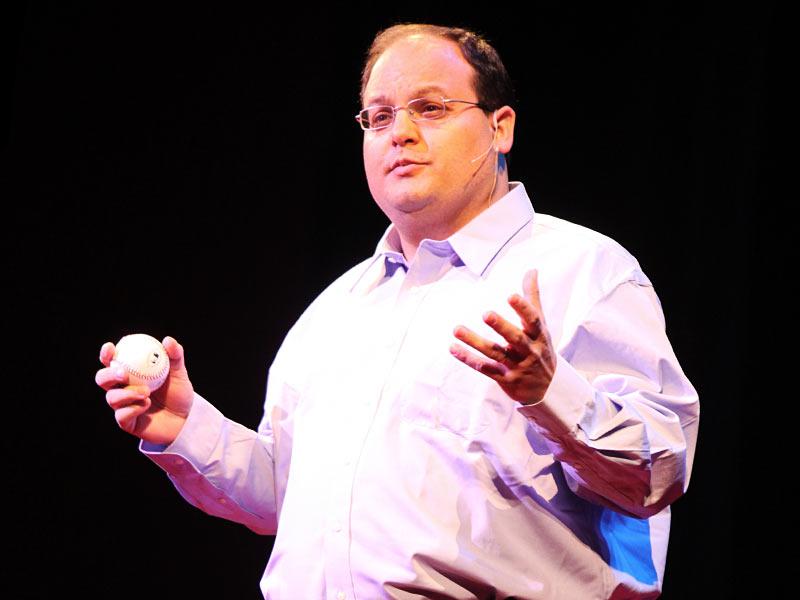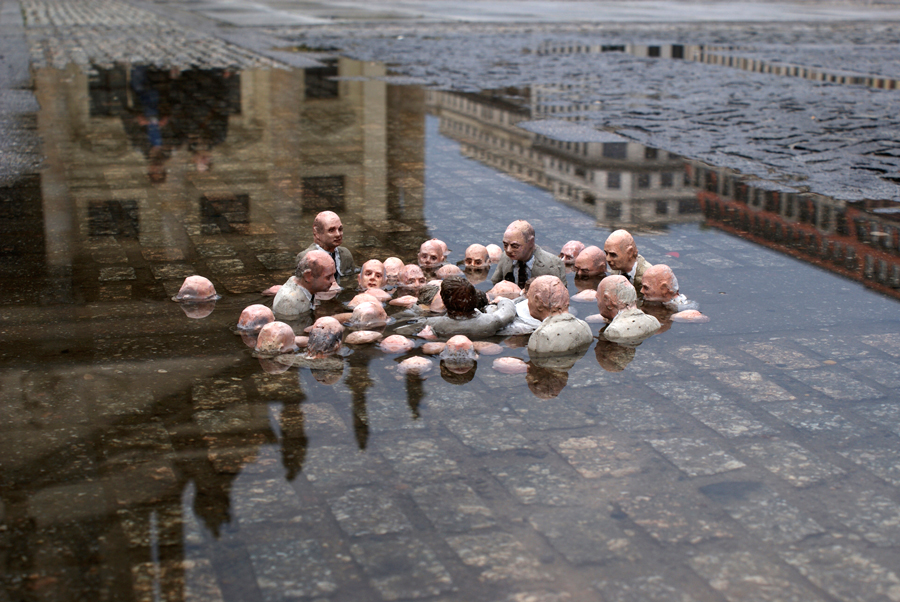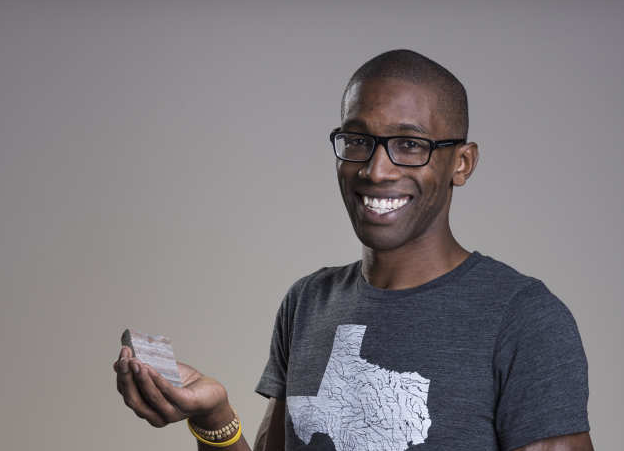
As the initiator of the movement “Scientists for future,” could you give us a “peek behind the scenes”: How did you come up with the idea and how did the concept evolve? Like many others, I was concerned by the slow progress of the sustainability agenda. That is, not just climate change, but also, for example, biodiversity loss, loss of soils, food security, and questions of human rights and justice.








